 Over the Seawall (start time: 7:33): One of the key things that makes us human is our ability to problem-solve. But often our engineered fixes backfire and even make the problem we’re trying to solve much worse. How On Earth host Susan Moran interviews journalist Stephen Robert Miller about how this applies to massive seawalls, re-engineered rivers, grandiose canals (such as the Central Arizona Project) and other technological fixes that have unintended consequences. Miller’s debut book, due out next week, is called Over the Seawall: Tsunamis, Cyclones, Drought, and the Delusion of Controlling Nature (Island Press). Check out Stephen’s upcoming book talks: Nov. 2 at CU Boulder’s ATLAS 102, 7:00-8:30 p.m.; and Nov. 28 at Boulder Book Store, 6:30 p.m.
Over the Seawall (start time: 7:33): One of the key things that makes us human is our ability to problem-solve. But often our engineered fixes backfire and even make the problem we’re trying to solve much worse. How On Earth host Susan Moran interviews journalist Stephen Robert Miller about how this applies to massive seawalls, re-engineered rivers, grandiose canals (such as the Central Arizona Project) and other technological fixes that have unintended consequences. Miller’s debut book, due out next week, is called Over the Seawall: Tsunamis, Cyclones, Drought, and the Delusion of Controlling Nature (Island Press). Check out Stephen’s upcoming book talks: Nov. 2 at CU Boulder’s ATLAS 102, 7:00-8:30 p.m.; and Nov. 28 at Boulder Book Store, 6:30 p.m.
Host/Producer: Susan Moran
Engineer: Sam Fuqua
Executive Producer: Susan Moran
Headline contributors: Beth Bennett, Joel Parker, Shelley Schlender
Listen to the show here:
Podcast: Play in new window | Download (Duration: 27:15 — 37.4MB)
Subscribe: RSS




 Facing the Wave (starts at 04:50) Yesterday marked the two-year anniversary of the devastating earthquake and tsunami that rocked and partially devoured the northeastern coast of Japan. Although prone to earthquakes, the Tōhoku event hit a magnitude of 9.0, tying it for fourth largest earthquake on record according to the United States Geological Survey—a magnitude greater than scientists thought possible for this region.
Facing the Wave (starts at 04:50) Yesterday marked the two-year anniversary of the devastating earthquake and tsunami that rocked and partially devoured the northeastern coast of Japan. Although prone to earthquakes, the Tōhoku event hit a magnitude of 9.0, tying it for fourth largest earthquake on record according to the United States Geological Survey—a magnitude greater than scientists thought possible for this region. Pandora’s Lunchbox (starts at 14:38) Did you ever think how long that energy bar you ate while skiing recently would last in tact beyond the expiration date? Or that bag of Oreo cookies you devoured last night? Melanie Warner, a local journalist and former staff writer at the New York Times, started thinking about it so much that she began experimenting with leaving some processed foods out way beyond their expiration date. What she found was shocking, and led her to explore deeply into the “processed food industrial complex.” The result is a new book called “
Pandora’s Lunchbox (starts at 14:38) Did you ever think how long that energy bar you ate while skiing recently would last in tact beyond the expiration date? Or that bag of Oreo cookies you devoured last night? Melanie Warner, a local journalist and former staff writer at the New York Times, started thinking about it so much that she began experimenting with leaving some processed foods out way beyond their expiration date. What she found was shocking, and led her to explore deeply into the “processed food industrial complex.” The result is a new book called “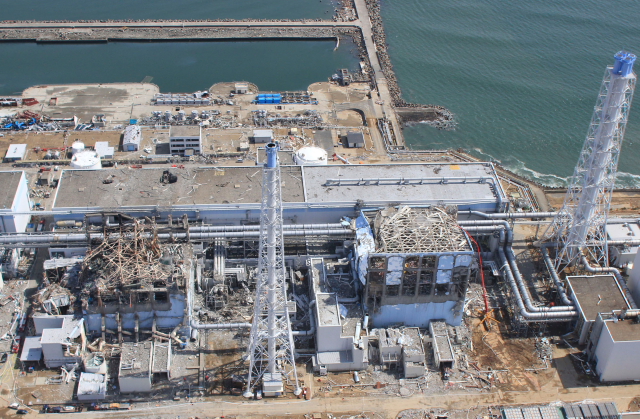
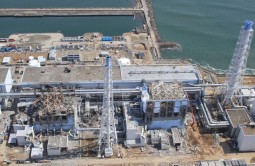
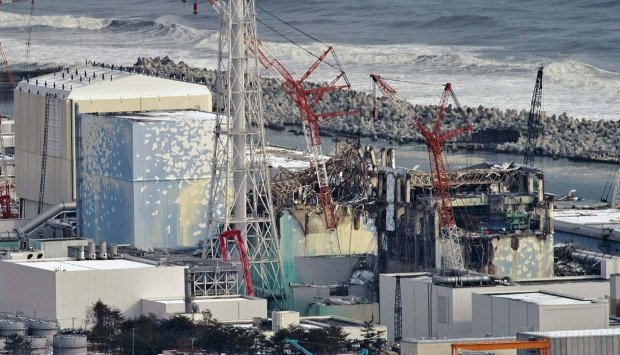
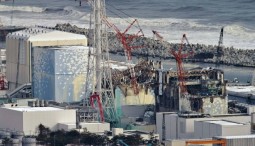

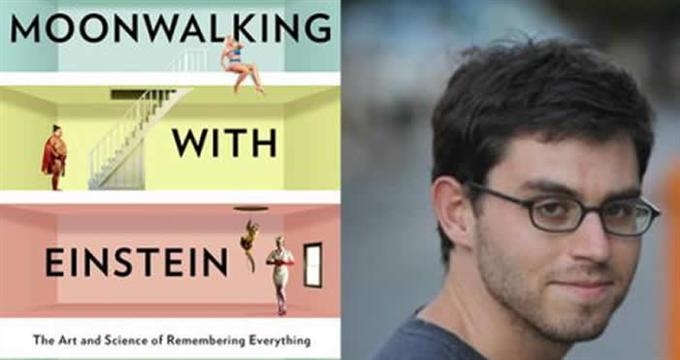
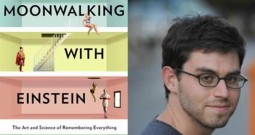 In this Spring Pledge Drive Show, we share an update on the crisis in Japan from Kathleen Tierney of
In this Spring Pledge Drive Show, we share an update on the crisis in Japan from Kathleen Tierney of